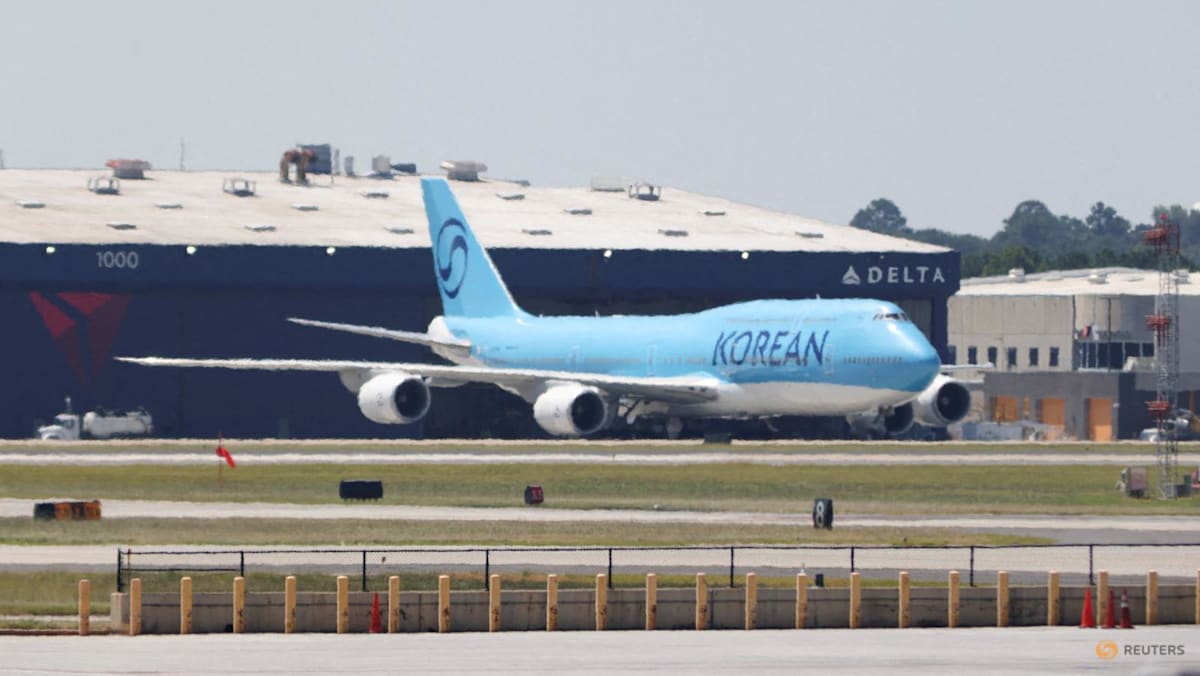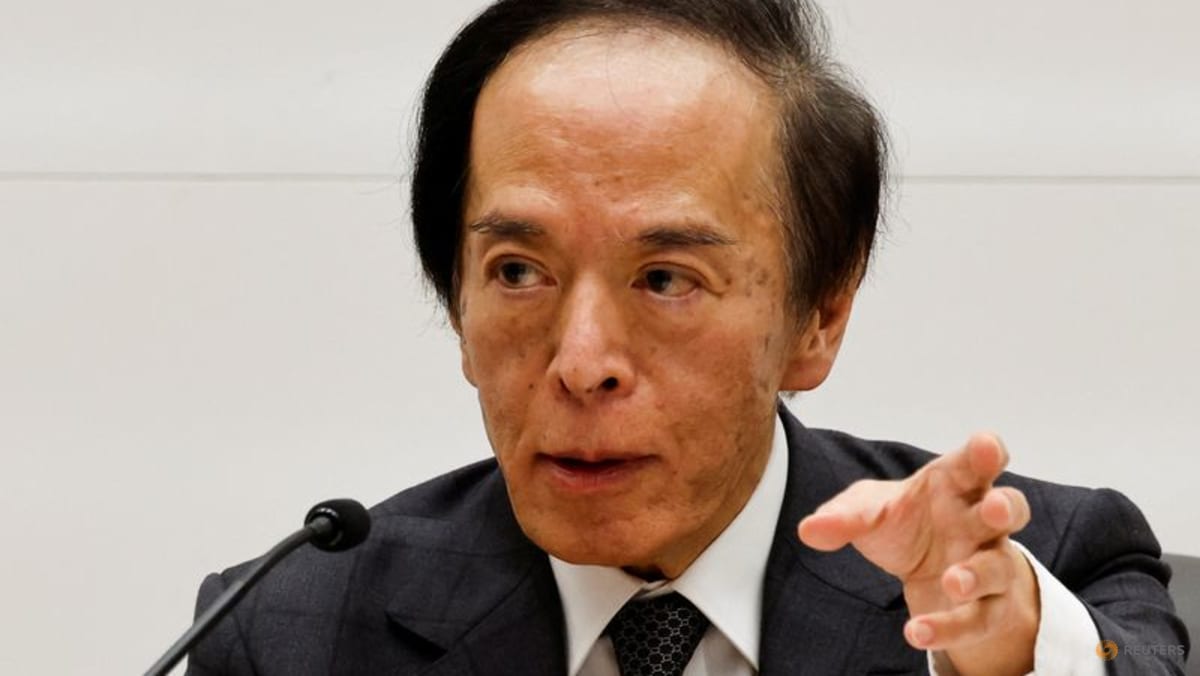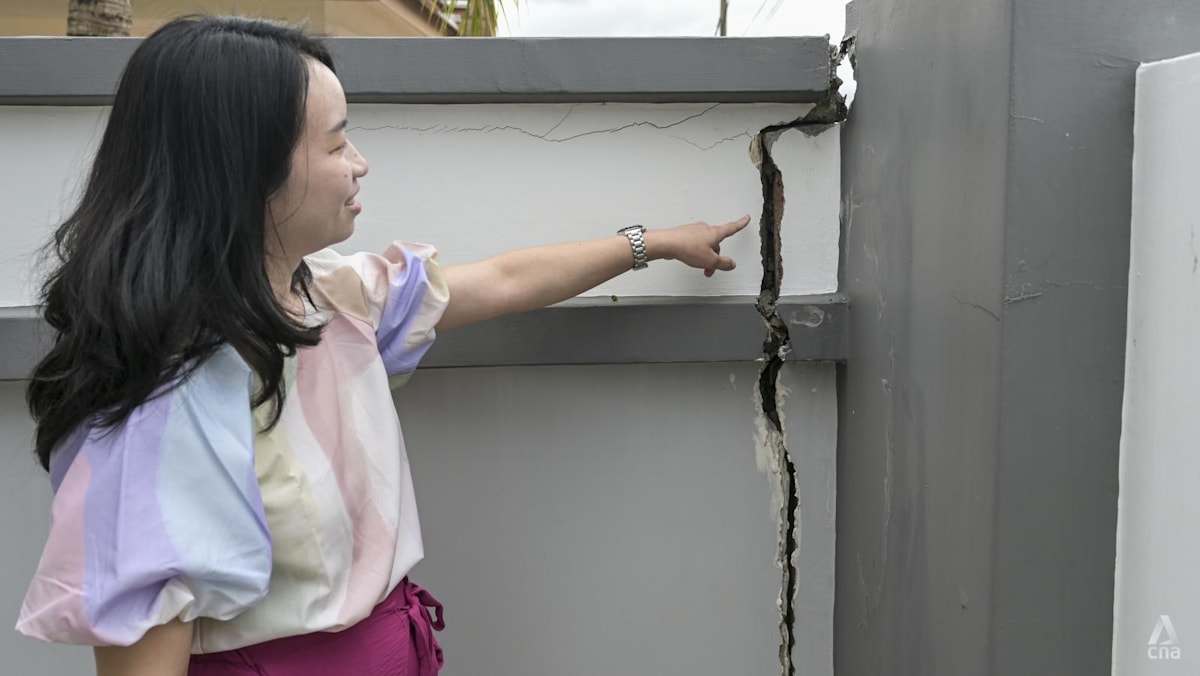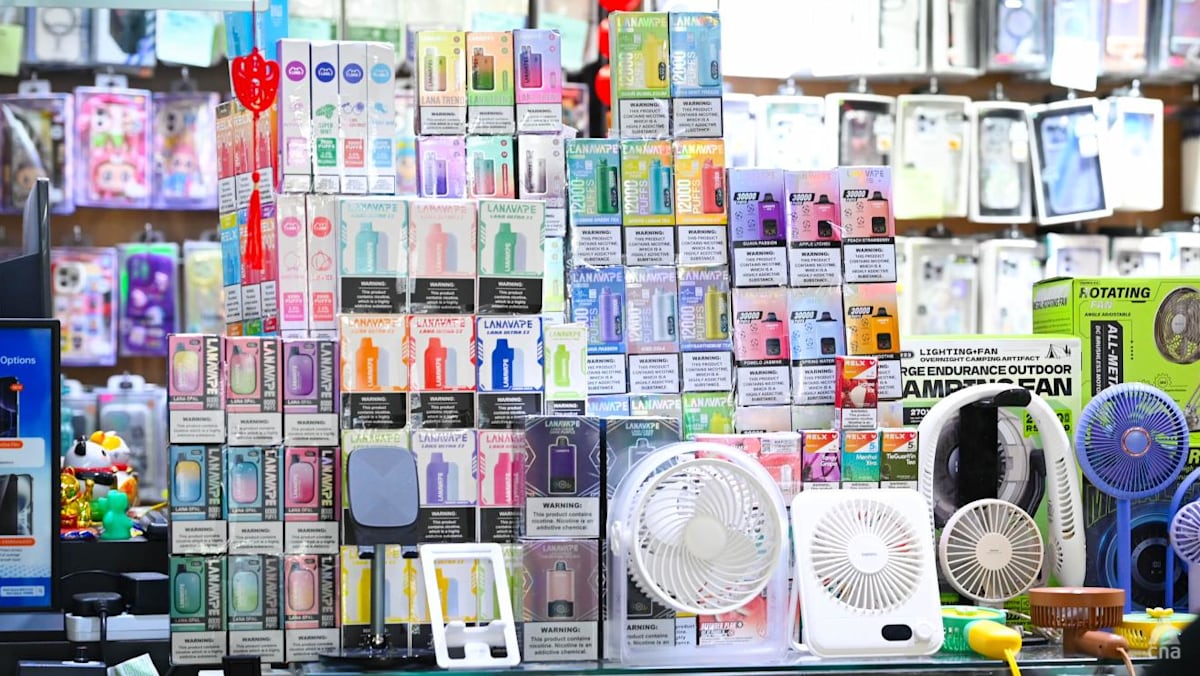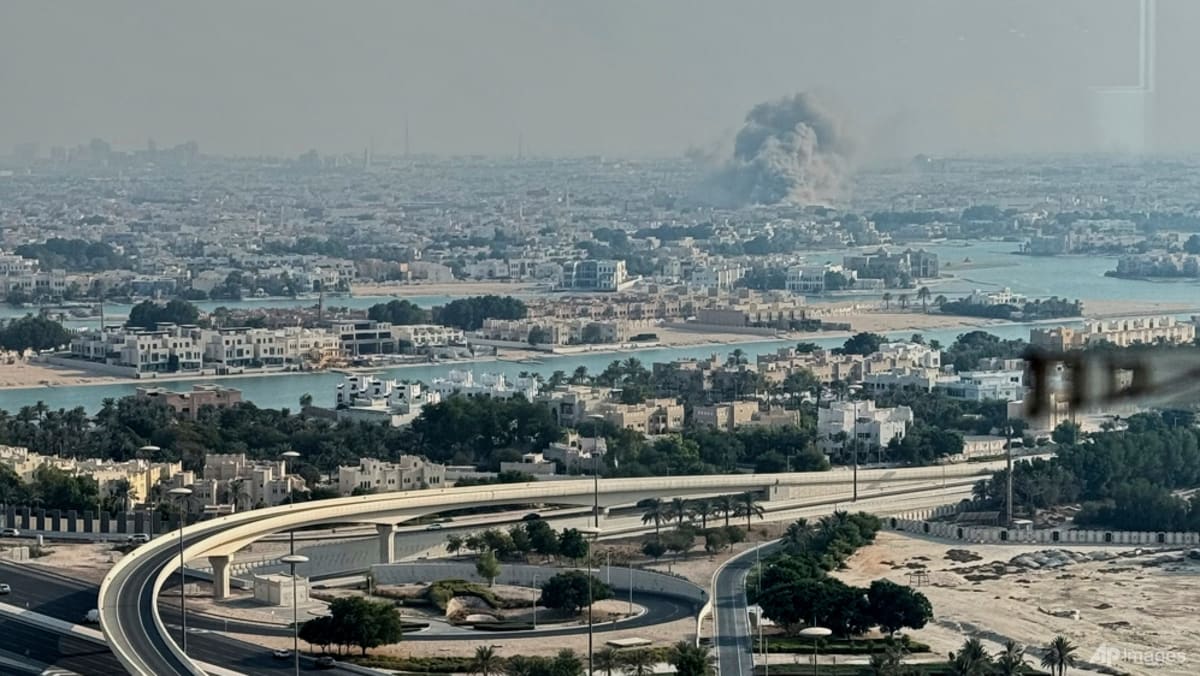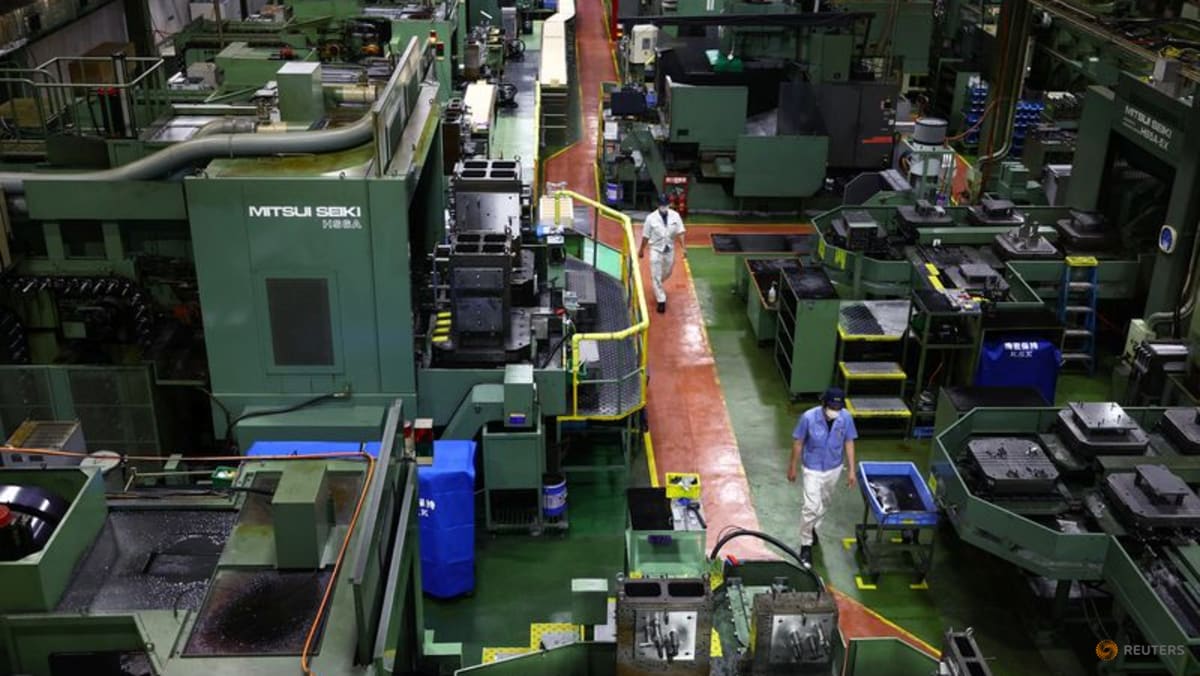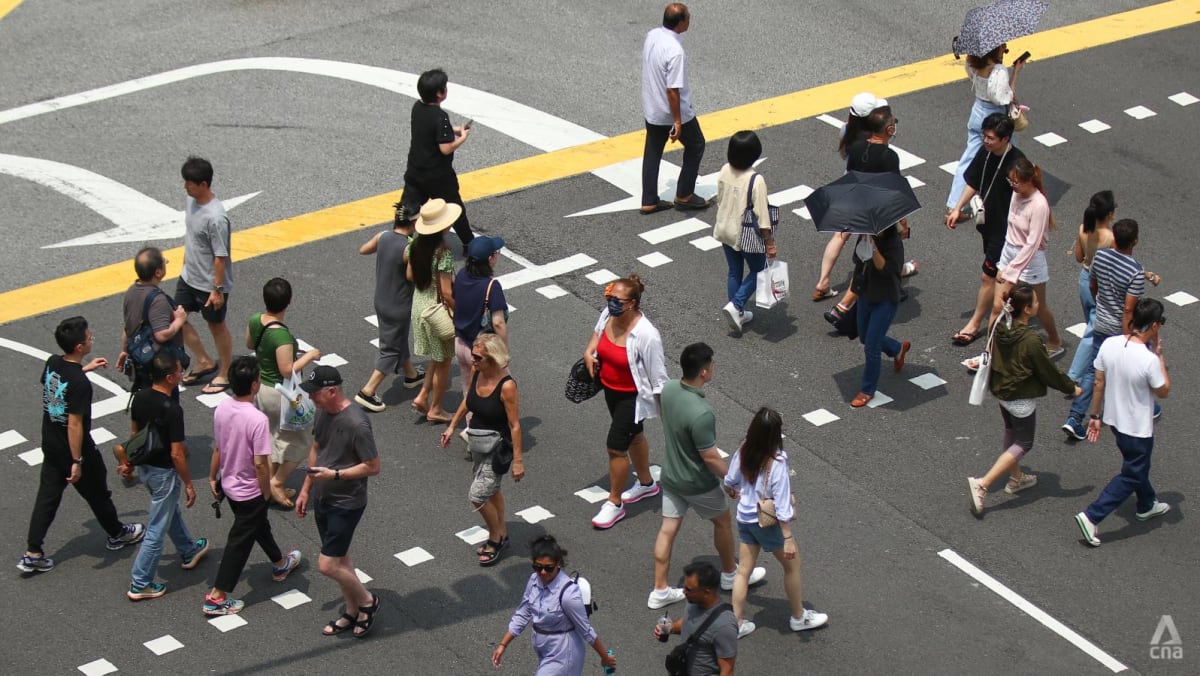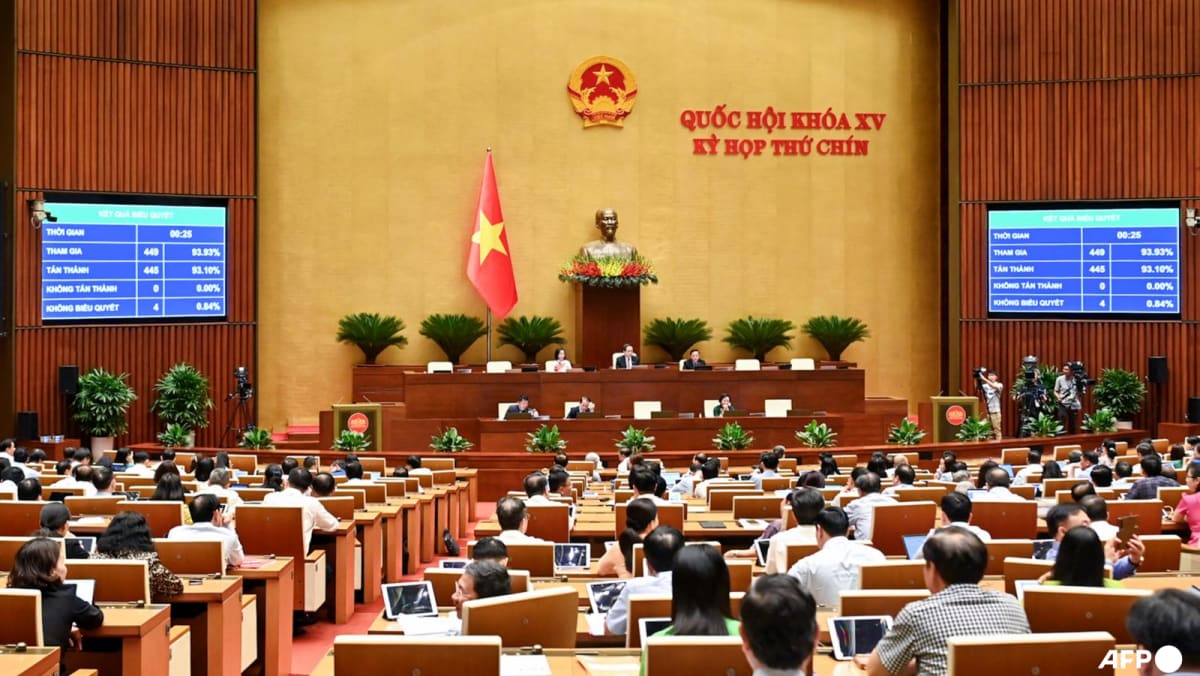NEW DELHI: India's aviation regulator has warned Air India for breaching safety rules after three of its Airbus planes flew despite being overdue for checks on emergency equipment, and for being slow to address the issue, government documents show.
The warning notices and an investigation report - both reviewed by Reuters - were not in any way related to last week's crash of an Air India Boeing 787-8 plane that killed all but one of the 242 people onboard, and were sent days before that incident.
In the report, the Directorate General of Civil Aviation said spot checks in May on three Air India Airbus planes found that they were operated despite mandatory inspections being overdue on the "critical emergency equipment" of escape slides.
In one case, the watchdog found that the inspection of an Airbus A320 jet was delayed by more than a month before being carried out on May 15. AirNav Radar data shows that during the delay, the plane flew to international destinations such as Dubai, Riyadh and Jeddah.
Another case, involving an Airbus A319 used on domestic routes, showed checks were over three months late, while a third showed an inspection was two days late.
"The above cases indicate that aircraft were operated with expired or unverified emergency equipment, which is a violation of standard airworthiness and safety requirements," the DGCA report said.
Air India "failed to submit timely compliance responses" to deficiencies raised by the DGCA, "further evidencing weak procedural control and oversight", it added.
Air India, which was taken over by the Tata Group in 2022 from the government, said in a statement that it was "accelerating" verification of all maintenance records, including dates of the escape slides, and would complete the process in the coming days.
In one of the cases, Air India said, the issue came to light when an engineer from AI Engineering Services "inadvertently deployed an escape slide during maintenance".
The DGCA and Airbus did not respond to Reuters queries.
Checks on escape slides are "a very serious issue. In case of accident, if they don't open, it can lead to serious injuries," said Vibhuti Singh, a former legal expert at the government's Aircraft Accident Investigation Bureau.
The DGCA said in its report that the certificates of airworthiness for aircraft that miss mandatory checks were "deemed suspended".
The warning notices and the report were sent by Animesh Garg, a deputy director of airworthiness in the Indian government, to Air India CEO Campbell Wilson as well as the airline's continuing airworthiness manager, quality manager and head of planning, the documents showed.
An Indian aviation lawyer said such breaches typically attract monetary and civil penalties on both individual executives and the airline.
Wilson told Reuters last year that global parts shortages were affecting most airlines, but the problem was "more acute" for Air India as its "product is obviously a lot more dated", with many planes not refreshed since they were delivered in 2010 to 2011.
"SYSTEMIC CONTROL FAILURE"
The Indian regulator, like many abroad, often fines airlines for compliance lapses. India's junior aviation minister in February told parliament that authorities had warned or fined airlines in 23 instances for safety violations last year.
Around half of them - 12 - involved Air India and Air India Express, including in one case for "unauthorised entry into cockpit". The biggest fine was US$127,000 on Air India for "insufficient oxygen on board" during a flight to San Francisco.
Last week's crash, the causes of which are still being investigated, will further challenge Air India's attempts to rebuild its image, after years of criticism from travellers for poor service.
Air India's Chairman N. Chandrasekaran on Monday told staff the crash should be a catalyst to build a safer airline, urging employees to stay resolute amid any criticism.
In its report, the DGCA also said several Air India aircraft checked by officials had outdated registration paperwork. Air India told Reuters all but one aircraft complied with such requirements and this "poses no impact" to safety.
The DGCA investigation report pulled up the airline for what it described as "inadequate internal oversight".
"Despite prior notifications and identified deficiencies, the organization’s internal quality and planning departments failed to implement effective corrective action, indicating systemic control failure," it said.




